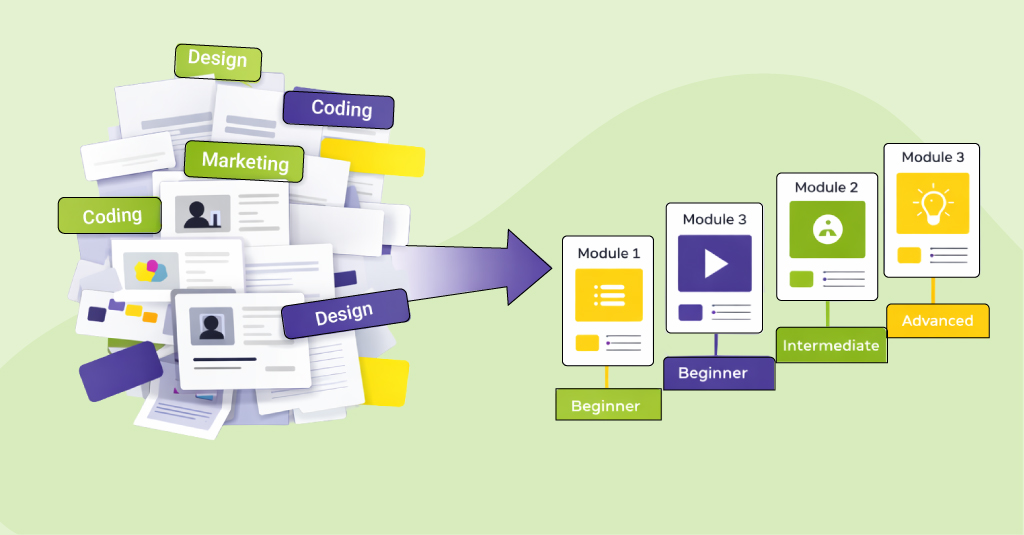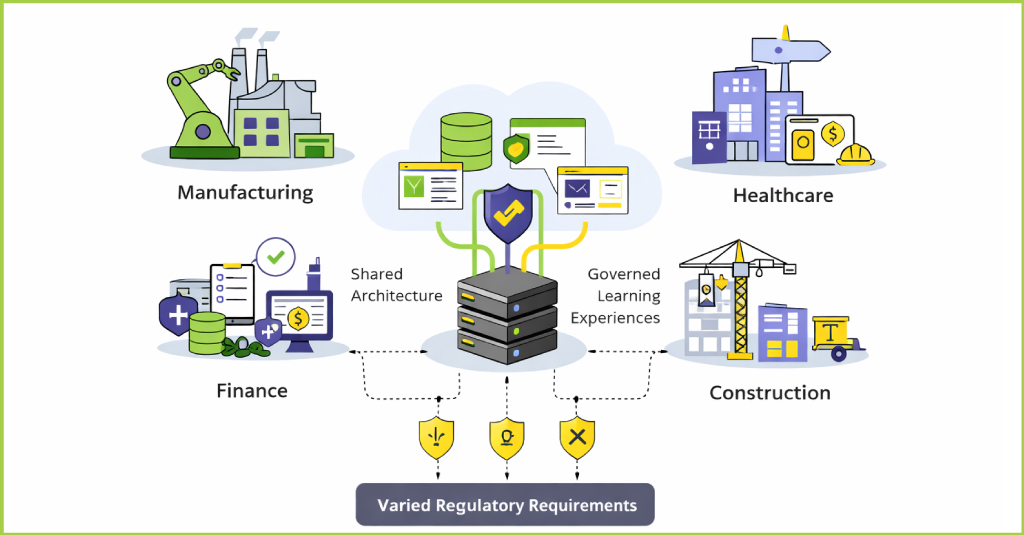While scenarios are better learning, there are tradeoffs. There are some costs associated, and some benefits on tap. Some have been hinted at, but we’ll consolidate them here.
Costs
The first cost to be considered is the development. Mini-scenarios, just better written multiple-choice questions (MCQs), take some practice to get good at. While there are no technical costs involved, as they just use pre-existing MCQ frameworks, they do require thinking a bit differently. Designers need to think of meaningful decisions, appropriate contexts, and consequences. Similarly, there’s the appropriate spread of the same. None of this should be different, but in our experience, the ways of thinking about changing how you write questions does take some time. Don’t forget to include time for testing.
Branching scenarios, of course, take more thinking to develop. It’s not just the thinking about contexts, challenges, and consequences, but also storyboarding the overall experience. The technology, fortunately, is likely to already exist in your toolset, except perhaps for mapping out the options. You can go further, however, and get dedicated tools for branching scenarios. That may make sense if you’re going to implement them at scale. Testing may be a tiny bit more involved, also.
Going beyond, to full simulation-driven experiences, serious games, is another matter. Here, there’s programming involved. There may be tools, such as 3D game environments, that make rendering the world easier, but you still need to capture the underlying relationships. As well as the development costs, there’re also the tuning costs. Will Wright, creator of SimCity and the Sims amongst others, once told me that the development was only one-tenth of the work, and tuning was nine-tenths. Now, he was talking about making commercially viable products, which we’re unlikely to be shooting for (we have the proverbial sticks as well as carrots). Still, tuning is part of the process.
Of course, the technologies you choose to deliver in will have costs as well. If you’re using video, it’s more costly than images and text. 3D environments, e.g. virtual reality, or alternate reality games will similarly be dearer. Even high-quality audio (which matters more than the quality of the video, counterintuitively) can be costly to produce.
Benefits
Those costs, however, are likely to be offset by much-improved learning outcomes. Really, we’re talking about achieving ‘deeper learning’. If you’re trying to achieve meaningful change, contextualized practice is your best bet next to mentored live performance (which has troubles of costs for failure and to scale). Thus, scenario-based learning is a highly desirable approach.
Learning science research lets us know that contextualized retrieval practice, where you practice as you need to perform, is the most effective approach. It’s not a full solution, in and of itself; you still need models and examples, for instance, but it’s highly likely to be the necessary adjunct. The facts are that bullet point information dumps, even when augmented by knowledge tests, are extremely unlikely to lead to behavior change. People can’t learn to do new things unless they actually practice doing the new things!
That’s what scenarios do. They provide contextualized practice where you must perform in the learning environment as you’ll need to perform after the learning. Appropriate use of technology, when relevant, offers a valuable tradeoff of cost for effectiveness.
Take Home
The outcome, the ability to do new things that the organization needs, is always the focus. The potential overhead costs are traded off against the new ability to do, and the benefits it brings. We are strongly committed to achieving the outcomes organizations need at cost-effective rates. We just want everyone to understand what leads to sustained learning, and what it takes. Scenario-based learning is a powerful, and therefore valuable tool, with very approachable costs.
If this makes sense to you, and you’d like more guidance, we’re committed to help. Feel free to reach out to us at elearning@upsidelearning.com. We’re happy to have a conversation, and to gain a comprehensive grasp of scenario-based learning dive deeper with our eBook ‘Scenario-Based Learning: The Ultimate Asset In Your L&D Toolkit’



















